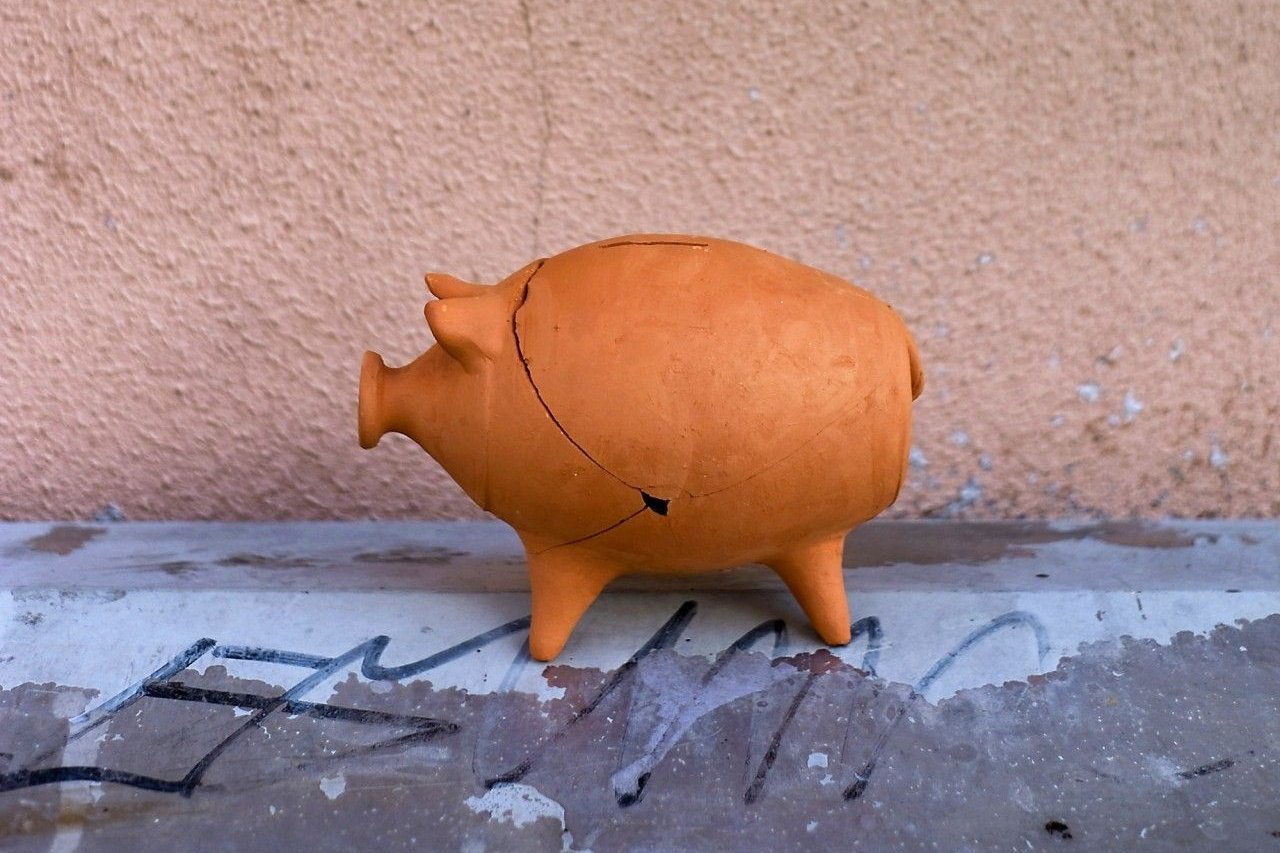Pity Alexian Lien, who had a pretty rough couple of days. He was chased by a motorcycle gang, beaten by a mob and hospitalized, and now he doesn't even know if he can trust his Good Samaritan.
Lien was in the papers a few weeks ago after he allegedly struck several motorcyclists with his Range Rover. Lien was then chased by a snarling pack of Manhattan bikers, who pulled him out of his car and repeatedly kicked and punched him. Battered, bruised and frightened, Lien took himself to the hospital, where he quickly ran up some ugly medical bills.
And that's when his Good Samaritan arrived. Elliot Randall says that after he heard about Lien's traffic armageddon, he set up an account on GoFundMe, a crowdfunding site for people who want to invest in or donate to a good cause. He says he wanted to help pay Lien's hospital bills. The target was $5,000. As of Monday, about half of that had been pledged. A happy ending, right? Well....
Lien's lawyer, Frank Panetta of Massimo & Panetta, says he's not sure his client will ever see that money, adding that Randall's fundraising effort was "unauthorized," and could be a scam. Randall, who describes himself on the site as a "random person of society," says he was touched by Lien's story and only wanted to help. He also says he has been trying to get the funds to a member of the Lien family or to Lien's lawyers, but that they have been unresponsive. Showing that two can play the "I don't trust you" card, Randall adds that he is reluctant to turn the money over until Lien's lawyers can prove they are legit.
Why all the ill will over such a seemingly charitable gesture? The ugly truth is that it is very difficult to know if a crowdfunding project is what it claims to be. Kickstarter and its many competitors are almost completely unregulated, which makes them a big, fat target for online scammers. And there's a lot of money flying around the Internet for crowdfunding, which is a fast-growing way to raise capital for anything from your start-up to your sick neighbor overwhelmed by unpaid bills to filmmaker Spike Lee, who finds it increasingly difficult to raise money to make a movie. Last year, crowdfunding sites raised $2.7 billion. This year that is expected to hit $5.1 billion.
With so much money flying around the web, what are Kickstarter, Indiegogo and GoFundMe doing to make sure their donors are not ripped off?
The short answer: bubkis. For the most part, those sites take a hands-off approach: They don't guarantee the authenticity of campaigns, and they don't offer refunds in the event of theft or fraud, even though they take a percentage of the millions donated through them.
"It's an unfortunate attitude," says Katherine Hutt, director of communications for the Better Business Bureau (BBB). "Their customers are going to get hurt in the long run."
Kickstarter Inc., the privately held company behind the world's most popular crowdfunding site, currently has an "F" rating with the BBB. Hutt says that's largely because the company has been unresponsive to customer complaints, which has lowered consumer trust in it.
A spokesman for Kickstarter declined to comment on this question, but Ethan R. Mollick, a management professor at the University of Pennsylvania's Wharton School, who explored crowdfunding in a recent study, says we shouldn't be so eager to kick Kickstarter. "It turns out fraud is a lot rarer than you might expect," he says.
Mollick studied 48,500 Kickstarter projects and found that less than 4 percent had even a whiff of rip-off. He attributes part of the success in keeping scammers away from crowdfunding sites to "Linus's Law," named after software engineer Linus Torvalds, who posited: "Given enough eyeballs, all bugs are shallow." In other words, if enough people look at a problem, it gets solved. And if enough eyeballs look at a scam, it gets exposed.
"If a project is potentially fraudulent, somebody with the expertise eventually notices it and starts a discussion," Mollick says. Red flags can be anything from sloppiness - Mollick found that projects with spelling errors decrease their chances of success by 13 percent - to obviously questionable situations, such as a person who has never published before raising money for a new book.
Then there is Kickstarter's signature "all-or-nothing" policy. That threshold usually gives Linus's Law plenty of time to work its magic.
But not all capital-raising sites are like Kickstarter. An undercurrent of looser crowdfunding sites has gained traction, largely by positioning themselves as "anti-Kickstarters." Indiegogo, for instance, allows for flexible funding, which means the person behind the campaign gets the cash even if the goal isn't met. The same holds true for GoFundMe, a charity-oriented site that lets users raise money for "almost anything," including medical bills and trips to Disney World.
According to GoFundMe's terms, campaign creators may withdraw funds at any time during the fund-raising process, a policy that sets it apart from Kickstarter. The site also advises visitors to give cash only to people they "personally know and trust," advice that seems to flout the basic premise of crowdfunding.
A GoFundMe representative would not confirm the status of the funds Elliott Randall says he raised for the unfortunate Mr. Lien, but said it would take "appropriate action" if it has reason to suspect fraudulent activity.
At the BBB, Hutt warns that donors should always be wary of someone raising money for a victim he or she doesn't know. "It's up to the family that's been victimized to decide if they want to participate in some kind of charity fund-raising," she says.
As for distinguishing friends from fraudsters, Hutt says a little bit of Googling goes a long way. Do whatever legwork you can - your fellow backers may do the rest. "It's not just about you doing due diligence," Mollick adds. "It really is about relying on the expertise of the crowd."
Yes, you read that correctly. He is suggesting that we rely on crowdsourcing to vet crowdfunding. What could go wrong?

























